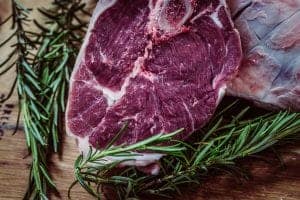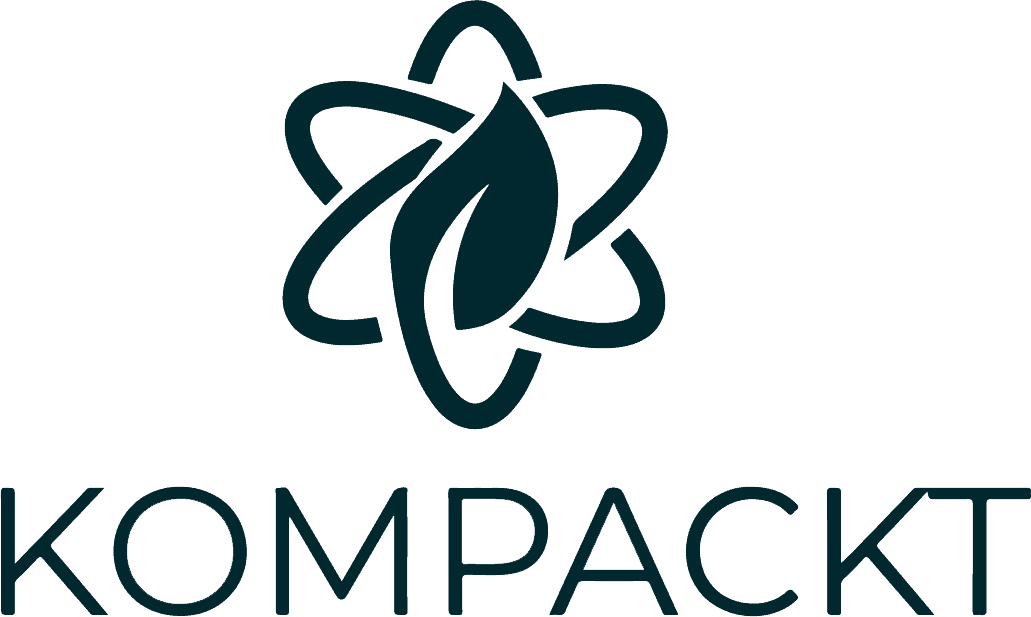Die Reduktion von Emissionen beginnt in der Lieferkette!

Mittlerweile ist es für viele Unternehmen offensichtlich, dass die supply chain das größte Einsparpotenzial von CO2 aufweist. Wie soll das möglich sein? Dieser Frage gehen wir auf den Grund.
Der Klimawandel
Many shippers of meat products tend to be more sustainable in the rearing of the animals and also in the processing of the products. So it would only be consistent to take this sustainability into account in all other aspects as well - including packaging. After all, this is also about responsibility and the individual feeling of the end customer.
Anyone who ships high-quality meat should be aware of this. Customers who unpack their product from a natural, biodegradable and at the same time high-quality packaging enjoy in a completely different way - a combination of enjoyment and conscientiousness.
Upheaval in meat consumption
In recent years, a change in meat consumption by Germans has become apparent (BLE & Thünen-Institut 2022). Meat shippers should help to shape this change and contribute to, if necessary, less meat being consumed, but more consciously. In this way, a refinement of the product - be it sausage or steak - takes place. Consumers order more organic meat or meat from sustainable farms.
Why is sustainability so important, especially when shipping meat?
Society is in a state of change. So every individual has a responsibility for their behavior and consumption. When shipping meat, it is therefore important to find the balance between respect for animals, farmers and butchers and profitable business, so that the vision of sustainable meat consumption is fulfilled.
We at kompackt61 also believe that consuming sustainably produced products and packaging them leads to greater enjoyment. Buying meat online can broaden your culinary horizons and bring regionality to you via shipping. Just as the care with which producers and shippers produce/ship their meat, we put it into the development and production of our sustainable insulated packaging.
Sources:
Bundesanstalt für Landwirtschaft und Energie (BLE) und Thünen-Institut (2022)
